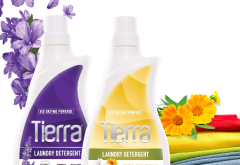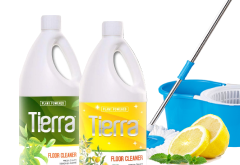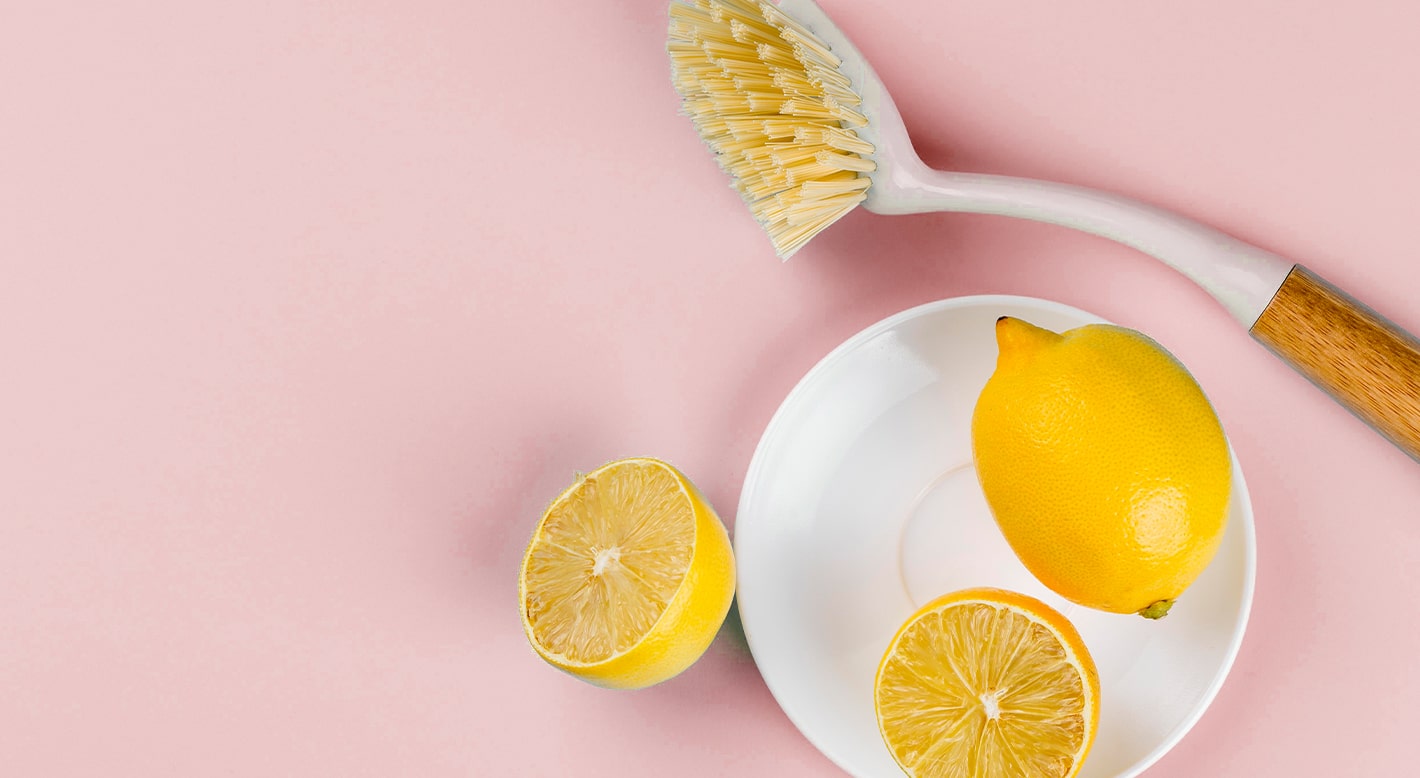Article: Minimalism - A No Waste Lifestyle

Minimalism - A No Waste Lifestyle
What do Keanu Reeves, Leonardo di Caprio, Steve Jobs and Julia Roberts have in common, besides magnetic personalities and extreme fame? All of these celebrities practice simple, minimalist lifestyles, despite their massive wealth.
Minimalism as a way of life has been gaining popularity not just amongst the masses but with the celebrities themselves. This may be a reaction to the excessive consumption and accumulation of the last few decades, in a continuous pursuit of happiness. Earth’s resources are being ravaged to keep up with the production of clothes, consumables, vehicles, and endless food, while the disposal has led to mountains of non-degradable trash.
These celebrities may be onto something when they choose to live with a limited number of basics, in clothing or their possessions at home, even as our earth takes a sigh of relief.
What is minimalist living and no waste?
Think ‘reduce’. Think ‘less’. Think Marie Kondo.
This famous Japanese author and television personality has done for decluttering spaces what Mahatma Gandhi did for India. Got rid of the clutter and showed us a better life.
Minimalism is a conscious lifestyle, choosing to own only the things that we need, and be aware of the stuff we consume.
Evolving naturally from this lifestyle is the zero or no waste effort. It focuses on reusing all our products with the objective of generating no waste that would land up in our landfills or oceans. Minimalism and zero waste are intertwined. When we reduce and reuse, we minimize the waste.
You may find tips on living the minimalist life from Marie Kondo’s books in which she teaches the Konmari method, to help people declutter their lives. She encourages people to keep only the items that ‘spark joy’.
Minimalism is multidimensional
There is more to minimalist living than just reducing materialistic possessions. Decluttering our daily routine, unnecessary obligations and thoughts are different shades of minimalism. It is both an external and internal process with manifestations in many spaces.
Cal Newport, a professor at Georgetown University, is a digital minimalist. He emphasises the need to unplug from the gadgets and focus on the work at hand. Minimalism also applies to the people around us. Toxic relationships and the people who pull us down are all the extra baggage in the world of minimalism.
The positives of a minimalist life
Joshua Fields Millburn, a co-partner at the website www.minimalists.com says,
“Letting go of the excess helps us hold on to what’s important”.
If you are wondering whether or why you should consider embracing a minimalist lifestyle, here are some benefits that may inspire your transformation.
-
Creates space for important things
If you have cleaned your cupboard recently, you know that you have accumulated stuff you rarely need. Removing things that we have not used in months from our drawers and wardrobes creates extra space and helps us organize important things neatly. -
Saves money and time
Being mindful of not buying things you don’t need will save you money. Having fewer distractions increases our productivity and helps us focus better. You can use the extra time for important things like your health and the family. -
Helps build a sustainable future
We all want to do the right thing to help save the environment. When we buy and discard less, we reduce the carbon footprints on this earth. Minimalist living and reduced waste are intertwined concepts. Making conscious environment-friendly choices is a small but powerful contribution towards saving the planet. -
Improved wellbeing
According to Cornell University professor Thomas Gilovich, experience brings more happiness than possessions. With more time and fewer things to take care of, we learn to appreciate the beauty and importance of what we have. Gratitude creates a feeling of well-being.
How do we initiate the change to a minimalist, zero-waste lifestyle?
Now that we have intrigued you with the possibility of living a purposeful life, here are some tips to help you adopt a minimalist lifestyle.
-
Assess your possessions
Look around and ask yourself these questions- 'Do I need this? When did I last use it? Do I love this?' If the answer is negative, the object lacks the purpose and a place in your life. It is better to give it away. Nowadays, using pre-loved stuff is no longer a taboo. So many brides today are choosing to wear their mother’s upscaled saree for their special day. Also, let go of the negative people around you. Remember, less is more. Having a few things or people you love is all you need. -
Differentiate your needs and wants
From Facebook to YouTube, social media is a frenzy of discounts and deals. Next time when the idea of buying a dress or a gadget tempts you, think again. Analyse if this item will add value to your life. Instead of rushing to buy new things, try to repair and reuse them. Instant gratification is short-lived. Spend your money on things such as travel instead. You can create long-lasting memories and enjoy looking at them years later. -
Use environment-friendly cleaners
It is the easiest way to adopt a no-waste, minimalist lifestyle. Regular off the shelf cleaners are full of chemicals which not only cause diseases but also clog up the water bodies with non-biodegradable waste. There are toxin-free and eco-friendly cleaners available today for your laundry and other cleaning needs. Choose a plant-based or a bio-enzyme based detergent, and you can be sure that you are providing a safe home and clean environment for your kids without purging wastes that accumulate in your environment. Being eco-friendly and a zero-waste lifestyle are inextricably linked. -
Have a conscious approach to shopping
Minimalist living is not about being frugal but about being mindful. Buy only from sustainable brands and organic fair-trade food sources. Did you know that industries create a web of carbon footprints, from production to the time they reach the consumer? When you buy organic food, you encourage a farmer to grow food free of harmful pesticides.
Living a minimalist life need not be an overwhelming decision. Start with one thing at a time. It does not mean giving up your home or car. Just don’t accumulate in excess and don’t hurt the environment. You don’t need to be a superhero to save the world, making conscious choices is enough.
There is a growing tribe of eco-warriors in the Tierra community. We urge you to join us in spreading the good word about a conscious, eco-friendly life. Do tag us with any eco-tips from your life with #passthegreenbaton and #tierratribe - join the conversation at #tierra.home.india on Insta or TierraInIndia on facebook.








